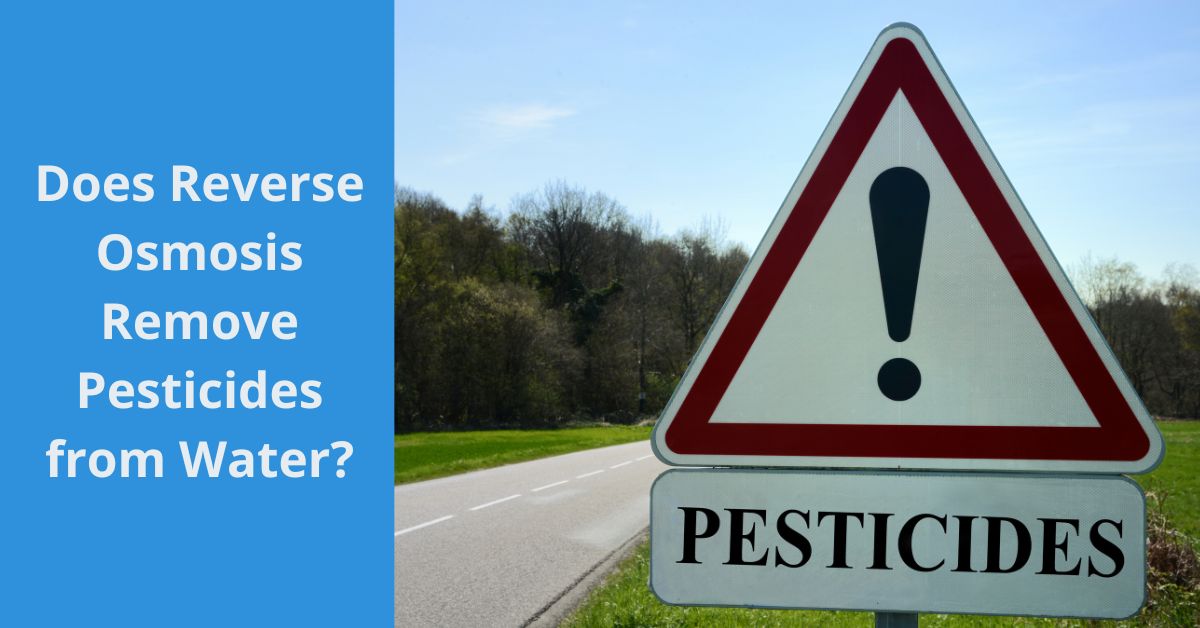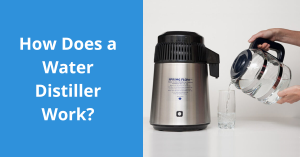With the growing use of agricultural chemicals, more people want to know if their water filters can remove pesticide residues. Reverse osmosis (RO) has become a popular option for benchtop and under sink water purification. But does RO actually eliminate pesticides effectively?
What are Pesticides and How Do They Get in the Water?
Pesticides refer to a broad range of chemicals used to control weeds, insects, fungi, and other pests. This includes herbicides, insecticides, fungicides, and more. Runoff from farms, golf courses, and landscaping can introduce pesticides into the ground and surface waters.
Even at low levels, long-term pesticide exposure may pose health risks. Their presence in drinking water is concerning.
How Reverse Osmosis Works
Reverse osmosis uses high water pressure to force water through a semi-permeable membrane with microscopic pores. Larger molecules and minerals are blocked while water passes through. Reverse osmosis water filters produce very pure water.
Effectiveness for Pesticides
Reverse osmosis is generally effective at removing many common pesticide residues for a few reasons:
- Small molecule size – RO membranes block molecules larger than water molecules. Many pesticides have a larger molecular weight.
- Non-volatile nature – Unlike some organic chemicals, most pesticides aren’t highly volatile, meaning they stay in liquid water form rather than evaporating. RO is better at filtering non-volatile contaminants.
- Charge properties – Some pesticides carry a slight electrical charge that enhances rejection by the RO membrane.
Of course, effectiveness depends somewhat on the exact pesticide. But overall, RO provides a very thorough pesticide reduction for drinking water.
Other Filtration Options
In addition to reverse osmosis water filters, other good options for pesticide removal include:
- Activated carbon block gravity water filters adsorb many pesticides. Look for tight micropore models.
- Under sink water purification systems attract and bind charged pesticide molecules.
- Distillers effectively remove almost all pesticide residues, along with other contaminants.
- Benchtop water purifiers with carbon filters remove some pesticides from smaller quantities of water.
While pesticides remain an ongoing water quality challenge, home filtration technology like reverse osmosis systems and under sink water purification provide effective solutions. Reverse osmosis offers comprehensive protection against a wide array of pesticides and other chemical contaminants for healthier, cleaner drinking water.




